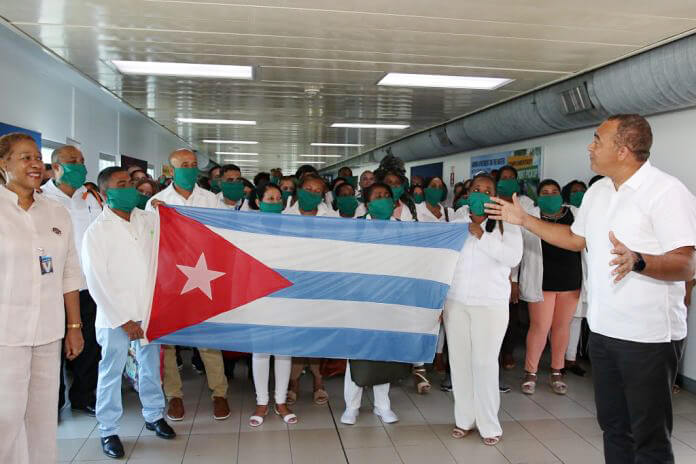When Caribbean Community leaders met in The Bahamas last month, it would have been the first time that the first of two biannual meetings would have been characterized as a regular session of heads.
The main CARICOM summit takes place in revolving country venues in the first week of July each year, but in the early 90s, the leaders themselves decided to add a second meeting either in February or March, dubbing this one an intersessional meeting because it fell in between the main July session.
Now, the February-March meeting has been upgraded or rechristened as a full, regular summit, being placed on the same pedestal as the July conference.
The Guyana-based bloc secretariat said this week that the move to tweak the schedule of important meetings was taken at a summit in Belize last year and signed off in Suriname, also last year. Also now being fitted in, would be four virtual summits each year dealing with specific issues. These would last for a few hours and are not to be regarded as full summits. There is also the usual provision for emergency summits should an important event arise. One of the first such virtual, agenda-focused summits is slated for Wednesday of this week and Haiti is again on the agenda.
Leaders, meanwhile, will physically assemble in Trinidad next month to attend an April 17-18 meeting on crime as a public health issue. This comes amid rising gun violence in several member states including Trinidad, Jamaica, The Bahamas, St. Lucia and Barbados.
The secretariat said that the new schedule is a clear indication that leaders have accepted and are prepared to deal with an increasingly heavy workload including efforts to engage with member state Haiti.
Haiti, the last to join the 15-nation bloc back in 2002 and the region’s most populous and poorest, has been beset by gangland violence in its capital and other parts of the country. Discussion on ways of helping Haiti had dominated the Bahamas meeting. Canadian Prime Minister Justin Trudeau had attended as a special guest and had also addressed fellow heads of government. He used the opportunity of his visit to announce a series of assistance measures including the donation of armored vehicles to the national police, training and the deployment of a vessel off the coast to help with intelligence gathering.
Trudeau also unveiled plans to provide a grant of $10 million to help Haitian women and children who are struggling along the border with The Dominican Republic. An air force plane has also been providing electronic assistance to police in relation to gangland activities. As a follow up, the leaders sent Jamaican Prime Minister Andrew Holness on a delegation to Haiti to determine what is exactly taking place on the ground. He has since submitted his report.



























